Study Finds Mumps Vaccine Protection Wanes Over Time
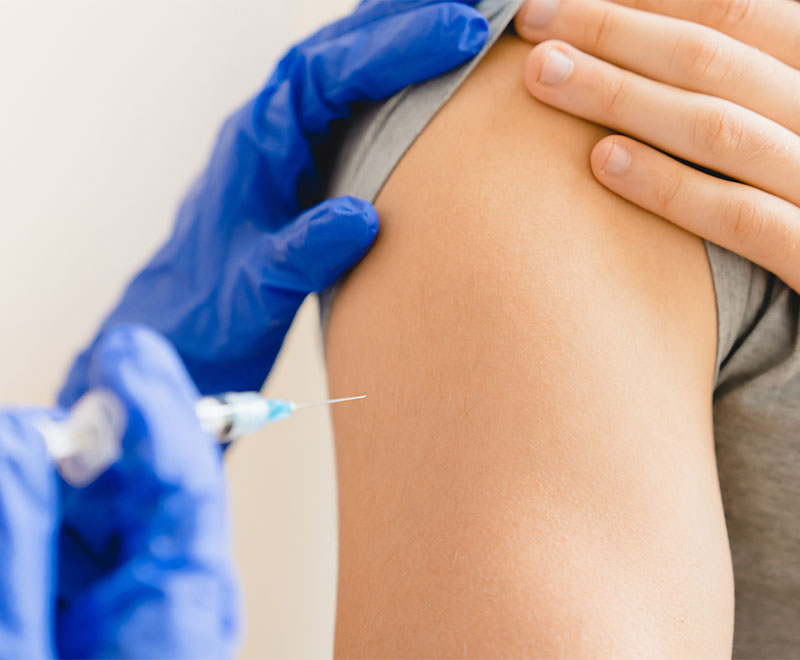
A recent meta-analysis of six studies of mumps vaccine effectiveness conducted in the U.S. found protection against mumps lasts an average of 27 years after the last dose of the vaccine.
CDC OKs FluMist for 2018-19 Influenza Season
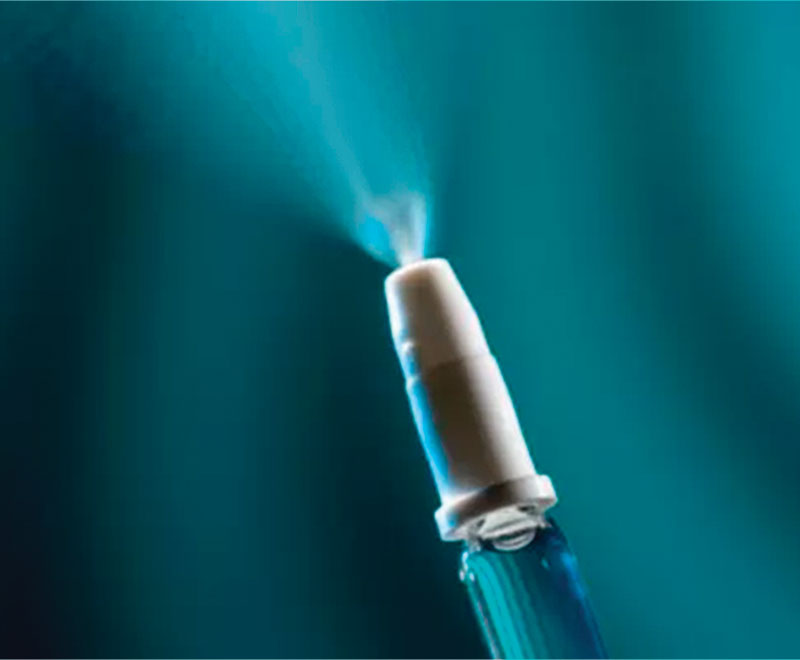
The Centers for Disease Control and Prevention advisory committee has voted 12-2 to recommend FluMist, the nasal spray version of the influenza vaccine, be used during the 2018-19 influenza (flu) season.
CSL Behring Will Discontinue Carimune NF in Third Quarter 2018
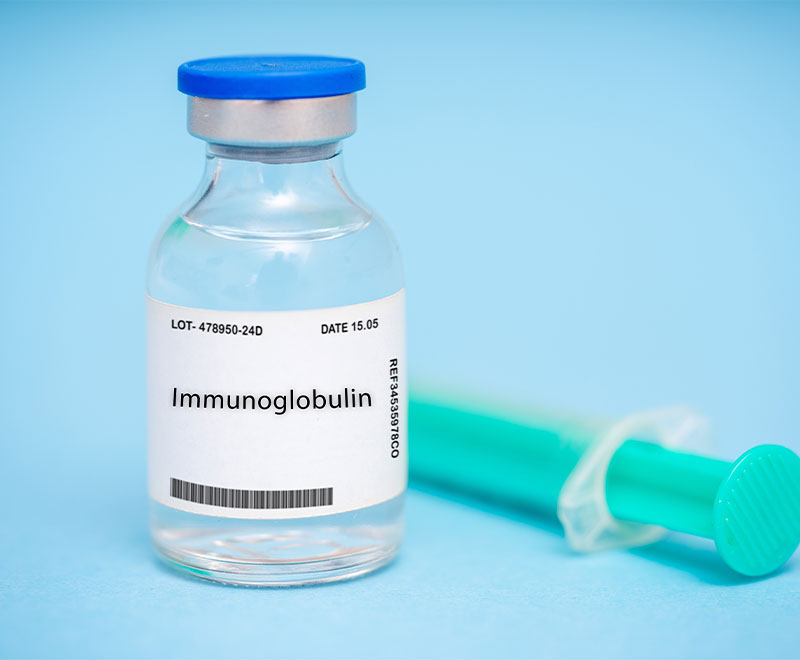
Discontinuation of the product is due to the preference among healthcare professionals and patients for newer, more advanced immune globulin options.
Study Finds Vaccines Don’t Weaken Babies’ Immune Systems
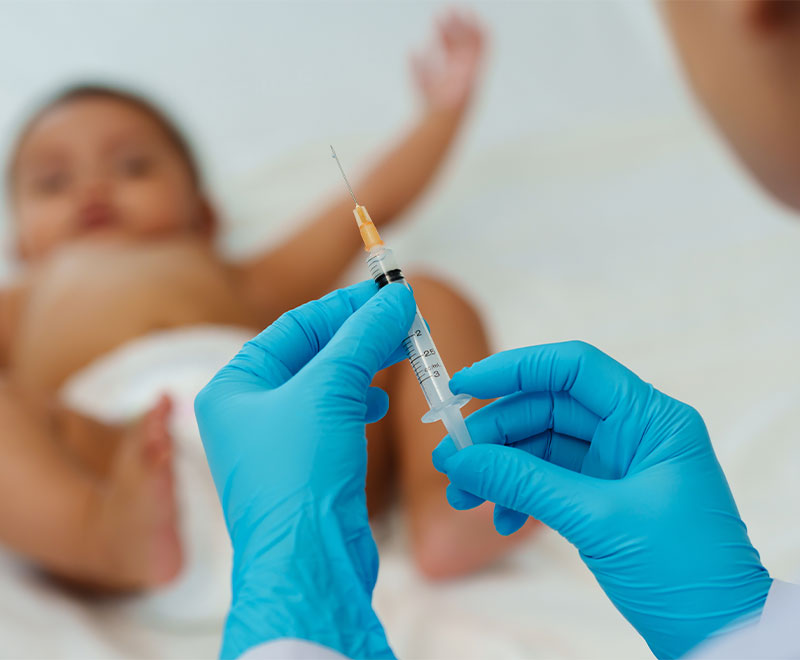
A study examined whether the vaccine schedule was associated with an increased risk of infections not targeted by vaccines and found no statistically significant differences in estimated cumulative vaccine antigen exposure through the first 23 months of life.
SCIG Therapy Is Cost-Saving Versus IVIG in Canadian Study of Primary Immunodeficiency Patients
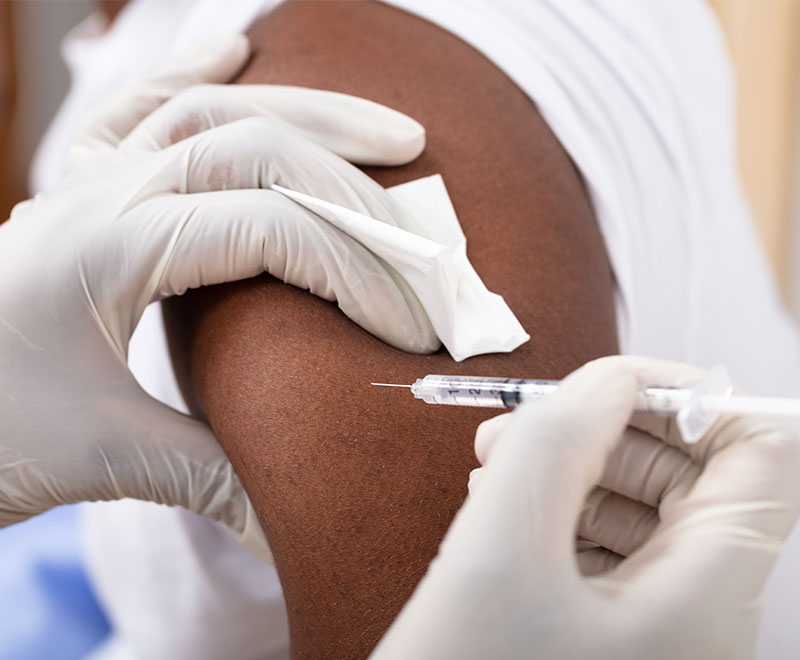
This first-ever prospective economic analysis by Canadian investigators found that home-based subcutaneous immune globulin (SCIG) therapy was associated with significantly lower average total nondrug costs than hospital-based intravenous immune globulin (IVIG) therapy for patients with primary immunodeficiency disorders.
VONVENDI Approved to Treat Von Willebrand Disease

The U.S. Food and Drug Administration has approved Shire’s VONVENDI, a recombinant von Willebrand factor treatment for perioperative management of bleeding in adults 18 years and older with von Willebrand disease.
WHO Recommends Typhoid Vaccine in Children in Endemic Countries
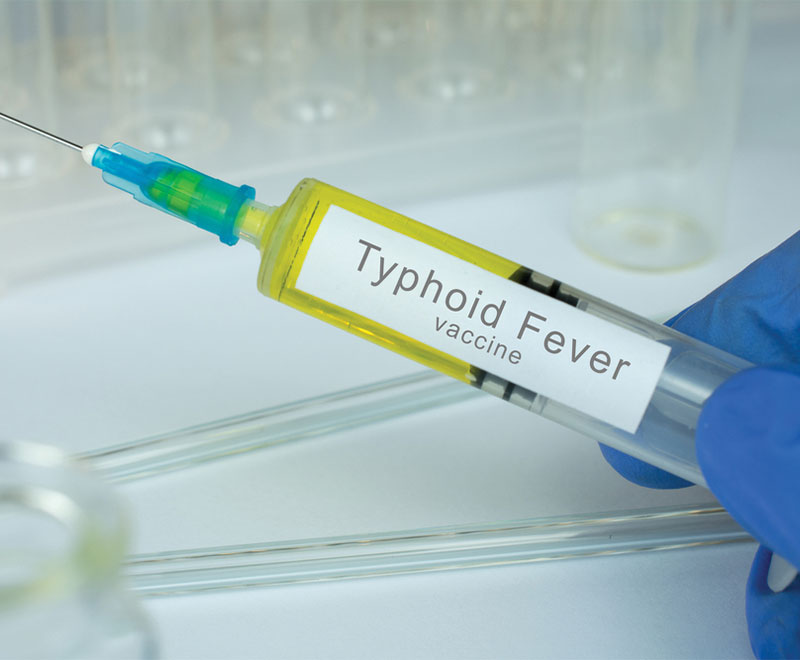
The World Health Organization is recommending a single dose of the typhoid conjugate vaccine for use in infants and children older than 6 months and a catch-up vaccine in children up to 15 years in countries where the infection is endemic.
FDA Approves First Biosimilar to Fight Cancer

The U.S. Food and Drug Administration approved Mvasi (bevacizumab-awwb), a biosimilar to Avastin (bevacizumab), the first biosimilar drug to treat cancer.
New Policy Guidance Issued to Improve Medicaid Beneficiary Enrollment

The Centers for Medicare and Medicaid Services (CMS) is providing new policy guidance to help states design demonstration projects that promote the objectives of the Medicaid program and are consistent with federal statutory requirements.
First Treatment Approved by FDA to Treat EGPA

GlaxoSmithKline’s Nucala (mepolizumab) has been approved by the U.S. Food and Drug Administration to treateosinophilic granulomatosis with polyangiitis (EGPA).